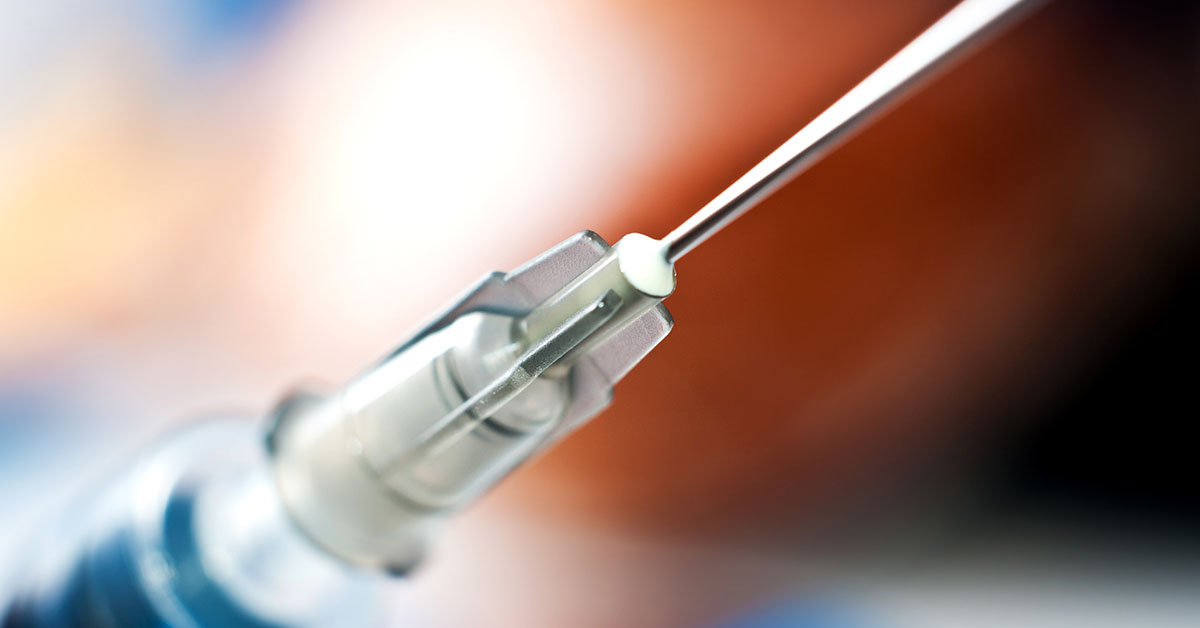
What is Fine Needle Aspiration?
Also known as fine needle biopsy, fine needle aspiration (FNA) is a diagnostic procedure that involves a doctor inserting a needle into your mass or lump to collect a cell sample. Once a doctor collects your cell sample, they'll use a microscope to examine your cells and determine whether your lump is cancerous or noncancerous.
FNA is usually performed in the neck area when there are nodules in the thyroid gland, abnormal or enlarged lymph nodes, neck cysts, or masses or lumps in the salivary glands. If you've had your blood drawn before, you'll find FNA to be a very similar procedure.
When is Fine Needle Aspiration Necessary?
If a doctor feels an abnormal lump in your neck area or sees one through an imaging test, they may recommend FNA as FNA is a safe, efficient, and painless way to determine whether a serious medical condition like cancer exists.
How Fine Needle Aspiration Works
The majority of FNAs are conducted in outpatient environments in 10 to 20 minutes. First, a doctor will clean your skin with an antiseptic solution and cover it with a clean towel or drape. Then, they'll inject a numbing medication so that you feel comfortable throughout the entire procedure. Lastly, they'll attach a thin needle to a syringe and insert it through your skin into the area of question.
They may use an imaging test like a CT scan or ultrasound to ensure the needle gets placed in the proper location. An imaging test is typically used if your lump or mass is very tiny or cannot be felt. After the procedure, the doctor will examine your biopsy sample under a microscope immediately so they can ensure they collected a good sample and make a quick diagnosis.
Complications of Fine Needle Aspiration
Fortunately, the complications of FNA are rare. If a complication does occur, however, it is usually bleeding in the form of a tiny bruise. Since bleeding is more likely to arise if you take aspirin or blood thinners, you should inform a doctor if you are taking these medications before the procedure. Infection and the spreading of a cancer are also possible yet very uncommon complications.
Results of Fine Needle Aspiration
In most cases, you'll receive your FNA results after a few days. If the results are uncertain, a doctor will likely suggest a different type of diagnostic procedure. However, if they do show cancer, they will recommend an appropriate treatment plan. Since early detection is the key to curing cancer, FNA can be a life-saving procedure.

